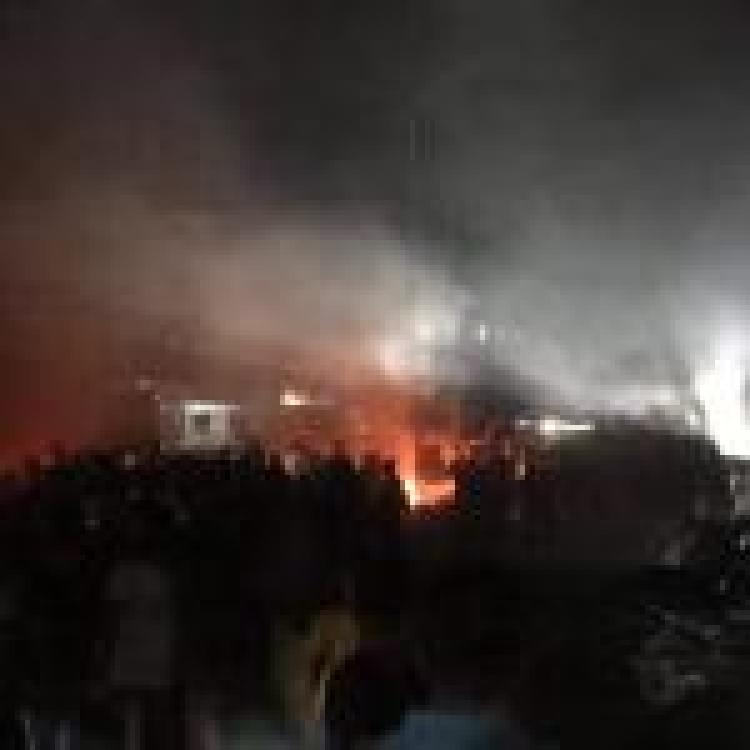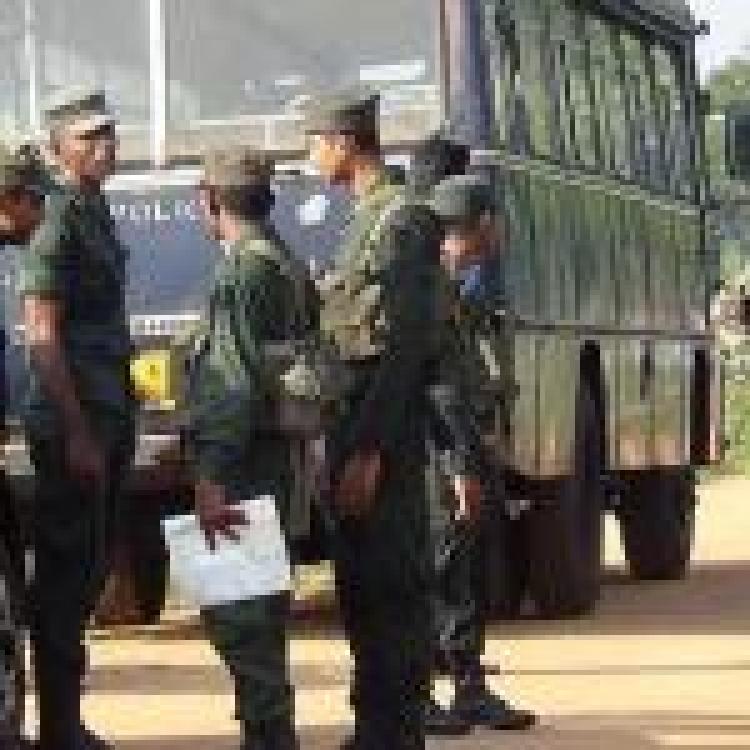A Sri Lankan minister this week said hard-line Buddhists were behind the recent days of anti-Muslim violence, describing the attacks as "organised" and "systematic".
"These are organised attacks on Muslim business houses and premises," Navin Dissanayake, minister of plantation industries, said at a press briefing yesterday.
The attacks were organised and systematically carried out in several locations by people brought form outside, he added.
"They were organised thugs that have been brought to the areas from other areas. We have evidence and we can prove this," he said.
Asked by a journalist who is behind the attack, Dissanayake said, "I think these organisations that Amith Weerasinghe, Dan Priyasad, and Namal Kumara [lead], referring to extremist Buddhists who were arrested over the violence on Tuesday.
His comments come as videos have emerged appeared to show military personnel colluding with the mobs and a saffron robed Buddhist monk taking part in the rioting.
The army said it had launched a special inquiry into an incident which took place in Thunmodara where one soldier was accused of standing by whilst the mobs attacked Muslim property.
"If the inquiry confirms that the person in question happens to be an Army member, the Army will take all necessary disciplinary actions against the said member," the army said.
A video released by Journalists for Democracy in Sri Lanka yesterday shows military and police personnel not just standing by but actively joining in with rioting Sinhala mobs.
"The CCTV recording from the mosque shows an army soldier apparently calling the mob towards the premises with a hand signal around 6.45 pm. In less than a minute later, at least three policemen and five soldiers can be seen among the mob that started pelting the windows with stones," JDS said, publicising the video.
Read more here.
Over 60 people have been arrested in relation to the anti-Muslim riots, which left one Muslim man dead and hundreds of homes, businesses and mosques destroyed.
The riots are reminiscent of anti-Tamil pogroms from the 1950s-1980s, where state security forces were well documented to have colluded with the attacking Sinhala mobs.


